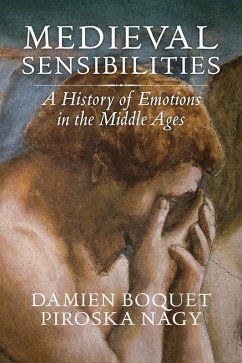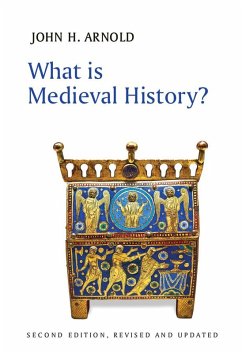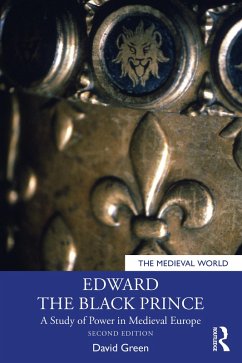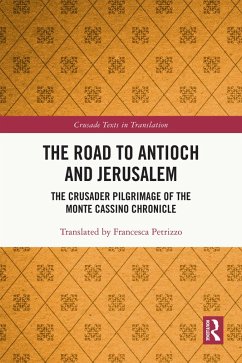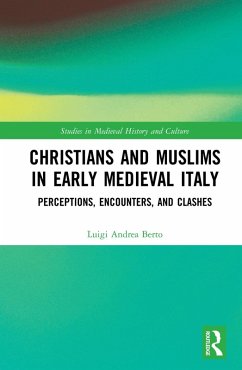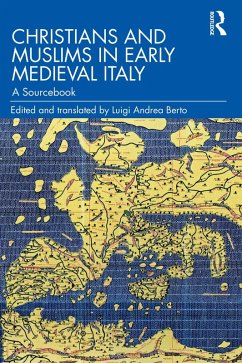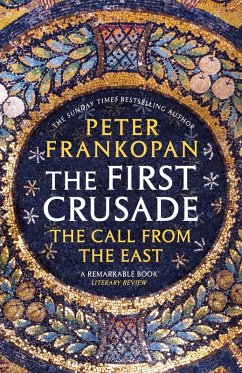
Medieval Sensibilities (eBook, ePUB)
A History of Emotions in the Middle Ages
Übersetzer: Shaw, Robert
Versandkostenfrei!
Sofort per Download lieferbar
18,99 €
inkl. MwSt.
Weitere Ausgaben:

PAYBACK Punkte
0 °P sammeln!
What do we know of the emotional life of the Middle Ages? Though a long-neglected subject, a multitude of sources spiritual and secular literature, iconography, chronicles, as well as theological and medical works provide clues to the central role emotions played in medieval society. In this work, historians Damien Boquet and Piroska Nagy delve into a rich variety of texts and images to reveal the many and nuanced experiences of emotion during the Middle Ages from the demonstrative shame of a saint to a nobleman's fear of embarrassment, from the enthusiasm of a crusading band to the fear of a ...
What do we know of the emotional life of the Middle Ages? Though a long-neglected subject, a multitude of sources spiritual and secular literature, iconography, chronicles, as well as theological and medical works provide clues to the central role emotions played in medieval society. In this work, historians Damien Boquet and Piroska Nagy delve into a rich variety of texts and images to reveal the many and nuanced experiences of emotion during the Middle Ages from the demonstrative shame of a saint to a nobleman's fear of embarrassment, from the enthusiasm of a crusading band to the fear of a town threatened by the approach of war or plague. Boquet and Nagy show how these outbursts of joy and pain, while universal expressions, must be understood within the specific context of medieval society. During the Middle Ages, a Christian model of affectivity was formed in the laboratory of the monasteries, one which gradually seeped into wider society, interacting with the sensibilities of courtly culture and other forms of expression. Bouqet and Nagy bring a thousand years of history to life, demonstrating how the study of emotions in medieval society can also allow us to understand better our own social outlooks and customs.
Dieser Download kann aus rechtlichen Gründen nur mit Rechnungsadresse in A, B, BG, CY, CZ, D, DK, EW, E, FIN, F, GR, HR, H, IRL, I, LT, L, LR, M, NL, PL, P, R, S, SLO, SK ausgeliefert werden.




